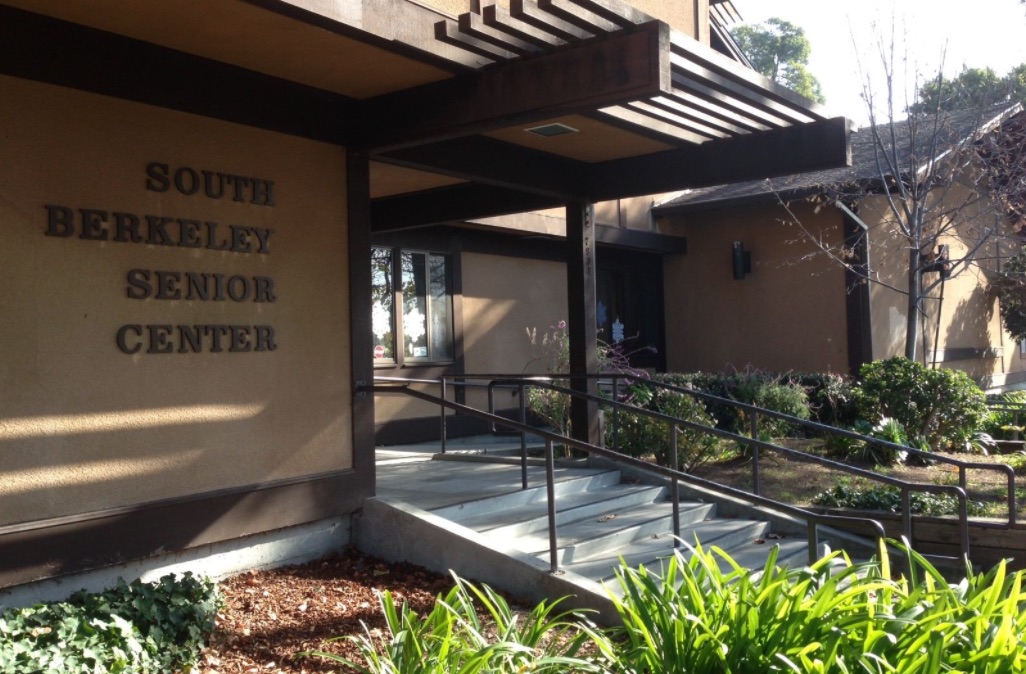Berkeley Residents Invited: Disaster Prep Meets Climate Justice in Groundbreaking Community Workshop

As part of an ambitious $850,000 urban transformation initiative, the city is continuing its comprehensive effort to modernize planning, development, and infrastructure strategies. Saturday's session represents a critical milestone in this multi-year process, bringing together key stakeholders to reshape the city's future landscape and policy framework.
The ongoing project aims to create a forward-thinking blueprint that will guide urban development, ensuring the city remains adaptive, sustainable, and responsive to community needs. By investing significant resources into this strategic planning effort, local officials are demonstrating their commitment to thoughtful, long-term urban growth and improvement.
